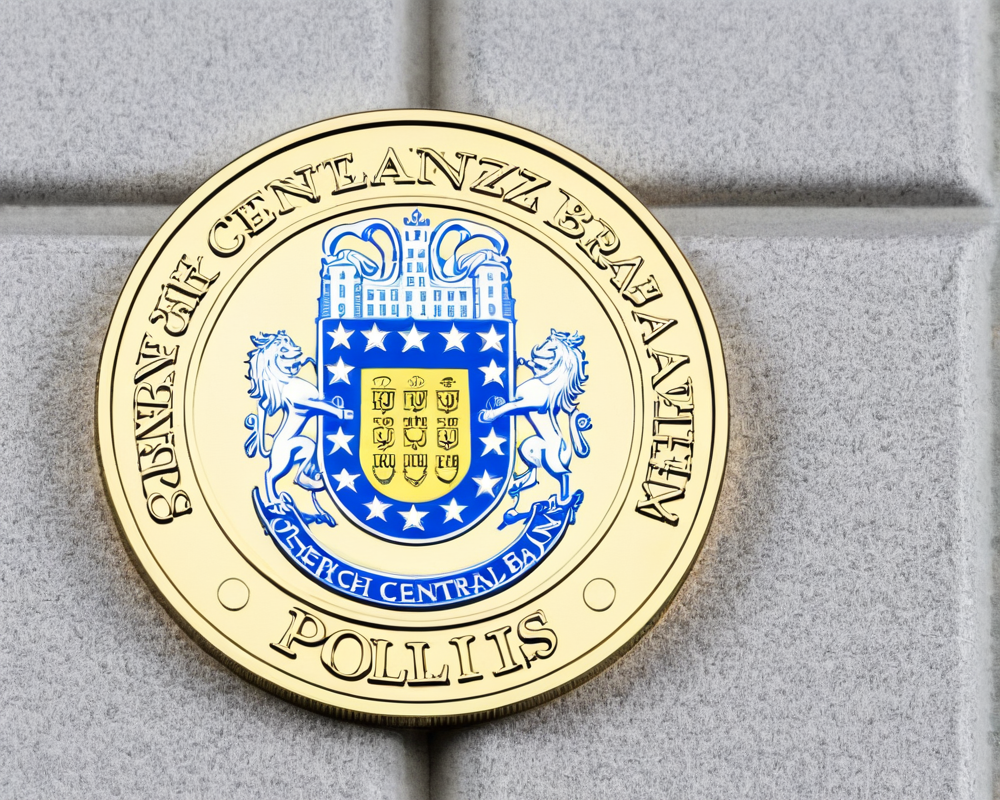Cryptocurrency Classification Takes Center Stage
On August 26, Brazil’s central bank stirred up the digital finance world by announcing a shift in how cryptocurrency assets are classified. In a move that complies with International Monetary Fund (IMF) guidelines, cryptocurrencies traded in the country will now be viewed as non-financial products.
What This Means for Brazil’s Balance Sheet
This new classification will alter the central bank’s balance sheet, integrating these crypto assets as goods, similar to how tangible items like coffee or soybeans are treated. Just like your monthly budget encompasses income, expenses, and a rogue pizza or two, a central bank’s balance sheet outlines its assets, equity, and liabilities.
Impact on Trade Statistics
Each time Brazil’s central bank buys or sells a cryptocurrency, it executes a foreign exchange contract, which now plays a part in the country’s export and import statistics. As Brazil is a net importer of these digital coins, this classification may contribute to a reduction in the trade surplus on the balance sheet—evidently, appearances do matter.
The Significance of Cryptocurrencies
Recognizing cryptocurrencies as a product means they could possibly serve as a payment mechanism. This perspective could usher in exciting developments for digital transactions. Imagine buying optional lettuce on your next taco run with Bitcoin instead of crisp bills!
Recommendations from the IMF
The Central Bank of Brazil isn’t alone in this reclassification journey; it follows recommendations from The Balance of Payments Statistics Committee, an advisory wing of the IMF that delves into external sector statistics methodology, which sounds like a thrilling occupation, doesn’t it?
Concerns Over Cryptocurrency Regulation
The IMF isn’t just standing by and watching the crypto balloon float—officials have raised eyebrows over Facebook’s potential currency, Libra. Gita Gopinath, the IMF’s Chief Economist, urges regulators to be alert. She raised pertinent concerns about the implications of Libra, especially in non-reserve currency countries where issues like backdoor dollarization and slippery slopes of regulatory checks could arise.
Regulatory Vigilance Required
If you’re thinking that sounds like a lot of red tape, you’re right! The IMF is emphasizing the importance of vigilance against gaps in regulations that could exploit cryptocurrency for money laundering. It’s a wild world out there!




